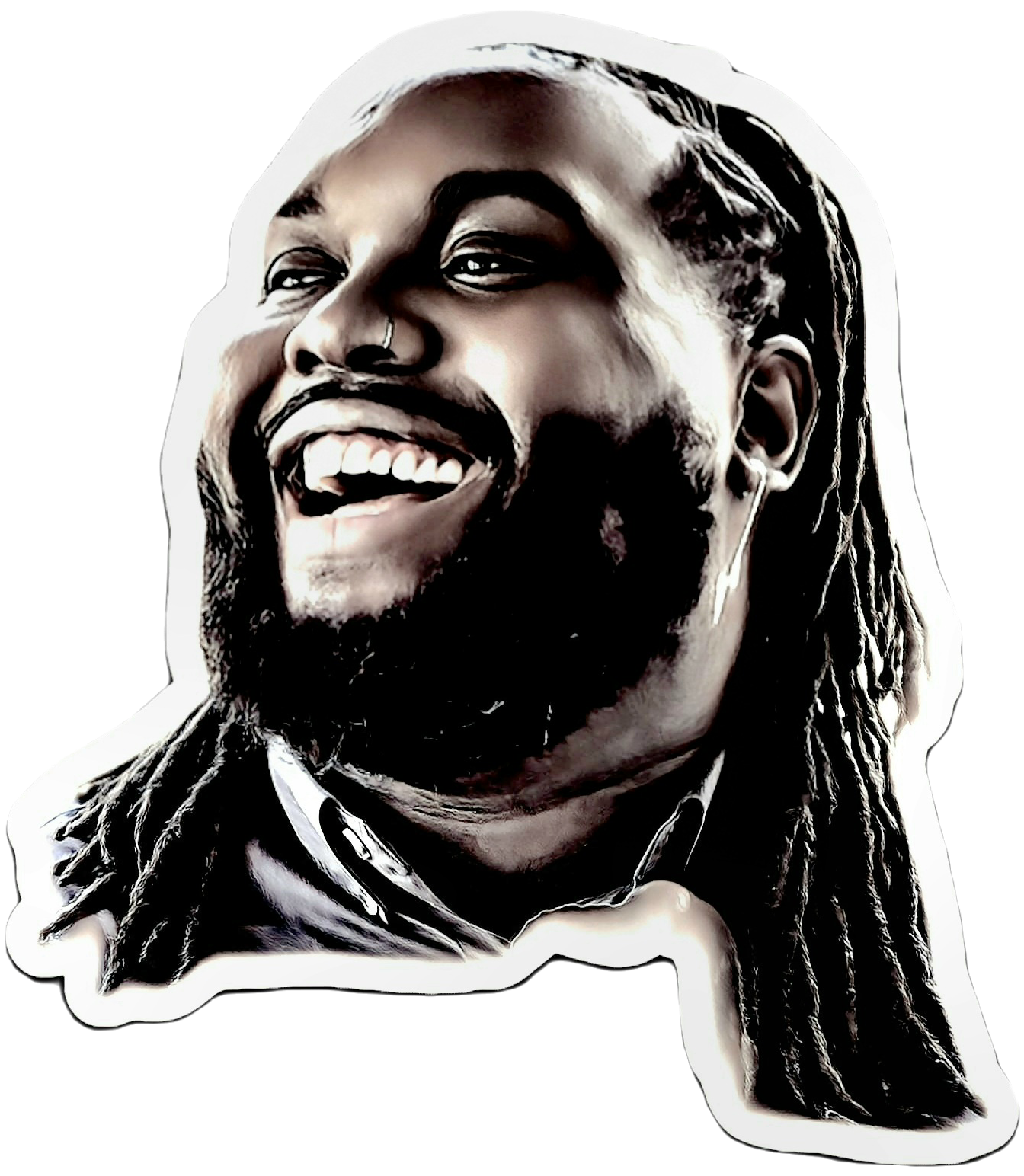Frequently Asked Questions
What can I expect from therapy?
In therapy, you can expect a safe, confidential space where you explore your emotions, thoughts, and behaviors. A therapist will guide you in understanding and managing mental health issues, past trauma, or current life challenges.
How do I find the right therapist for me?
Finding the right therapist involves looking for someone who specializes in your area of concern and whose approach resonates with you. It’s important to feel comfortable and understood by your therapist, and many offer a consultation to see if it’s a good fit.
How long will I need therapy?
The length of therapy varies depending on the individual and their needs. Short-term therapy can last a few months, while long-term therapy may continue for a year or more, based on the complexity of the issues being addressed.
Can therapy help with relationship issues?
Yes, therapy can help with relationship issues. Individual therapy can address personal patterns affecting the relationship, while couples therapy helps partners work through communication, conflict, and other challenges together.
What does a life coach do?
A life coach helps you identify your goals, overcome obstacles, and create a structured plan for success. Coaching focuses on personal growth, career development, or improving aspects of your life, such as relationships or work-life balance.
How is life coaching structured?
Life coaching sessions are typically action-oriented, focusing on setting goals and creating measurable outcomes. Coaches work with you regularly, either weekly or bi-weekly, and provide accountability and support along the way.
Who benefits most from life coaching?
Coaching is most beneficial for people who are motivated to make changes in their personal or professional lives. It’s ideal for individuals who want to set and reach specific goals, improve performance, or make big life transitions.
Can life coaching be done virtually and across state lines?
Yes, life coaching is often conducted virtually through video calls, phone, or messaging, making it convenient for clients to access coaching from anywhere.
Can I do therapy and life coaching at the same time?
Yes, therapy and life coaching can complement each other. Therapy helps address emotional and mental health concerns, while coaching focuses on personal or professional goal-setting. It’s important to have clear boundaries between the two.
How do I know if I need therapy or life coaching?
If you're dealing with emotional challenges, past trauma, or mental health issues, therapy is the better option. Life coaching may be more appropriate if you're focused on personal growth, achieving goals, or navigating life changes.
Can a life coach help with emotional issues like a therapist does?
Life coaches focus on forward-moving growth and are not equipped to address mental health issues like anxiety, depression, or trauma. If you need help with emotional struggles, it’s best to seek a therapist who can provide deeper emotional and psychological support.
How do I decide whether to start with therapy or life coaching?
If you’re looking to heal from past experiences or need help managing mental health issues, therapy is a good place to start. Life coaching may be a better fit if you focus on achieving goals and improving your present and future outcomes. Some people start with therapy and transition to coaching as they feel ready.
